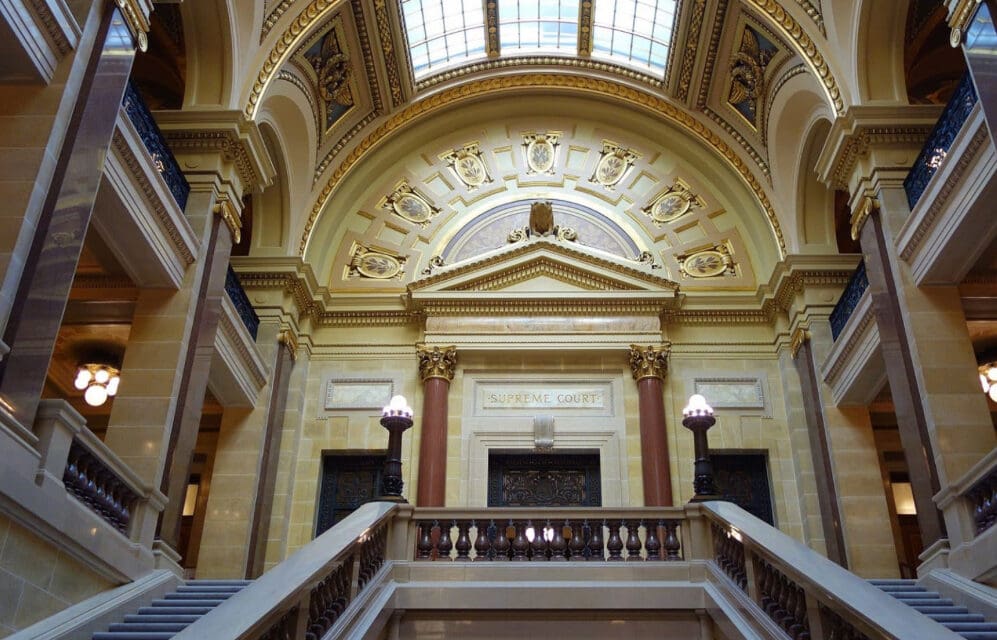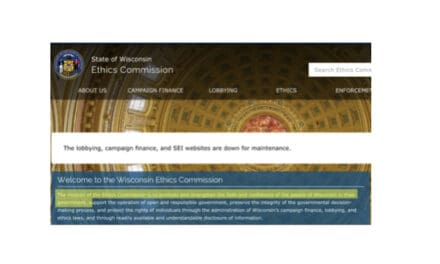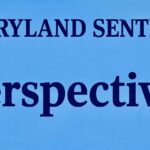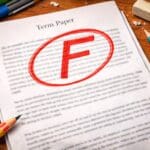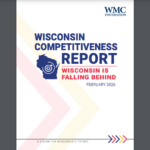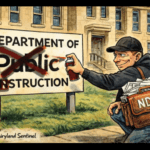Last updated 11:44 am
April 18, 2025
In a sharply divided ruling, the Wisconsin Supreme Court on Friday upheld a controversial partial veto by Gov. Tony Evers that secures increased public school funding for four centuries.
That’s not a typo.
The 4-3 decision, handed down by the court’s liberal majority, affirms Evers’ 2023 budget maneuver, which extended a school revenue increase from 2025 to 2425, sparking intense debate over gubernatorial veto powers and the state’s fiscal future.
Evers used his partial veto authority to alter the 2023-25 state budget, ensuring school districts could raise property taxes by $325 per student annually through the year 2425. The move came as part of a broader effort to bolster education funding after years of legislative gridlock. Supporters hailed the veto as a creative solution to support schools, while critics decried it as an overreach that burdens taxpayers for generations.
“This decision is great news for Wisconsin’s kids and our public schools, who deserve sustainable, dependable, and spendable state support and investment,” Evers said in a statement. “For over a decade, the Legislature has failed to meet that important obligation. Importantly, this decision does not mean our work is done—far from it.”
The court’s ruling drew sharp criticism from conservative lawmakers and groups. Assembly Speaker Robin Vos, R-Rochester, argued the veto effectively imposes a 400-year property tax hike, undermining local taxpayers. In a post on X, Vos wrote, “You mean increased ‘property taxes’ for 400 years,” emphasizing the long-term financial impact. Similarly, the Institute for Reforming Government, a conservative advocacy group, called the decision a blow to checks and balances, stating on X that it “effectively ends the legislature’s ability to act as a check on the governor’s veto pen.”
Sen Julian Bradley (R New Berlin), echoed these concerns, also criticizing the timing of the decision, posting on X, “What a crock! Another decision on a holiday weekend by a radical left court that’s turned themselves into a super legislature.”
The conservative legal organization, Wisconsin Institute for Law and Liberty plainly stated, “This ruling erroneously expands the powers of the governor in Wisconsin. Regardless of the current political arrangement (Republican Legislature and Democratic Governor) such unprecedented power held by the executive should worry Wisconsinites.”
Democrats, however, celebrated the outcome as an ends-justify-the-means victory for education. Sen. Chris Larson, D-Milwaukee, praised the ruling on X, noting it ensures “our schools get the resources they need to thrive, not just survive.” The decision, he argued, validates Evers’ commitment to prioritizing students over partisan disputes.
Justice Brian Hagedorn, a conservative who joined the dissent, sharply criticized the majority’s reasoning. “One might scoff at the silliness of it all, but this is no laughing matter,” Hagedorn wrote. “The decision today cannot be justified under any reasonable reading of the Wisconsin Constitution; the majority does not suggest otherwise. Yet when presented with a clear opportunity in this case to reboot our mangled jurisprudence, the majority responds by blessing this constitutional monstrosity, all the while pretending its hands are tied.”
Wisconsin’s gubernatorial veto power, among the broadest in the nation, allows governors to strike specific words, numbers, or phrases from appropriation bills, effectively reshaping legislation. Evers’ veto creatively extended the school funding timeline by altering a single digit, a tactic that opponents argued stretched constitutional limits. The court’s liberal majority, however, found the veto within Evers’ authority, reinforcing the governor’s ability to wield significant influence over budget policy.
The ruling stems from a challenge brought by Republican lawmakers, who sought to overturn the veto as an unconstitutional overreach. The decision marks a significant moment in Wisconsin’s ongoing debate over education funding and executive power, with both sides signaling further battles ahead. Republicans have proposed constitutional amendments to limit partial vetoes, while Democrats argue the current system allows governors to address urgent needs when the Legislature stalls.
Public school advocates welcomed the ruling, who lament that Wisconsin’s 421 school districts have faced funding constraints for over a decade. The additional revenue, that come from local property taxes, will now, they argue, provide districts with flexibility to address teacher salaries, infrastructure, and student programs. Critics, however, warn that the long-term tax implications could strain homeowners and local governments.
As the state grapples with the ruling’s fallout, the debate over veto power and school funding shows no signs of slowing. With the 2025 legislative session looming, this ruling will have ripple effects throughout the state, and could create a long-term stalemate in future legislative negotiations with the Evers Administration.
We’ll continue to monitor this story as it evolves.


